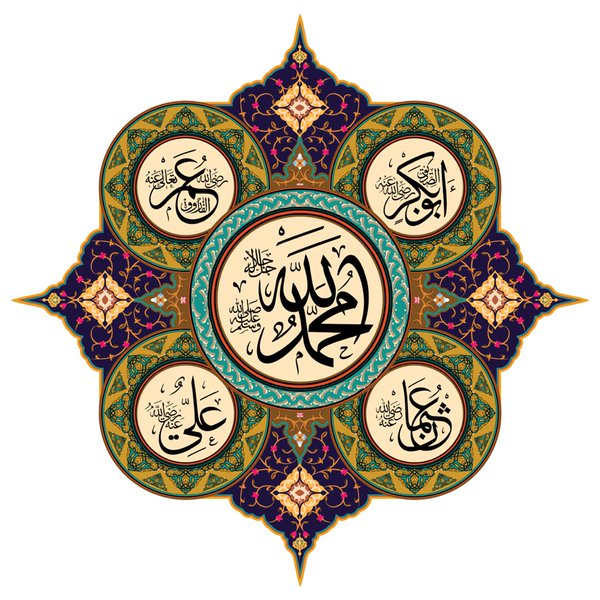Khulafa E Rashideen
Khulafa E Rashideen
- Abu Bakr
Abu Bakr was the first Caliph of Islam after the death of the Prophet Muhammad (SAW). He was known for his piety, wisdom, and humility, and he played a key role in the early development of the Muslim community. During his reign, Abu Bakr led the Muslim army in the Ridda Wars, which were fought against the rebellious tribes that had renounced Islam after the death of the Prophet. He also oversaw the compilation of the Quran, which was completed during his time as Caliph.
- Umar
Umar was the second Caliph of Islam and is considered to be one of the greatest Muslim leaders in history. He was known for his piety, justice, and wisdom, and he made significant contributions to the Islamic state during his reign. Umar expanded the Muslim empire, establishing new administrative systems, and implementing social reforms. He also oversaw the establishment of the first Islamic calendar.
- Uthman
Uthman was the third Caliph of Islam and was known for his piety and generosity. During his reign, the Muslim empire continued to expand, and he oversaw the completion of the first official copy of the Quran. However, Uthman’s reign was also marked by political and social unrest, which led to his assassination by a group of rebels.
- Ali
Ali was the fourth Caliph of Islam and was known for his piety, courage, and wisdom. He was the cousin and son-in-law of the Prophet Muhammad (SAW) and played a key role in the early development of the Muslim community. However, Ali’s reign was marked by political and social unrest, including a series of civil wars that divided the Muslim community. Ali was eventually assassinated by one of his own supporters.
The Khulafa-e-Rashideen set a standard of leadership for the Muslim community that continues to inspire Muslims today. They were known for their piety, wisdom, and justice, and they laid the foundation for the Islamic state. Their reigns were marked by significant accomplishments and achievements, including the expansion of the Muslim empire and the establishment of key administrative systems. The Khulafa-e-Rashideen remain a symbol of Islamic leadership and a source of inspiration for Muslims around the world.

